.jpg)
Meroe Pyramid Royal Cemetery in Begrawiya, River Nile State, Sudan Photo: REUTERS
Sudan has a cultural heritage that stretches back thousands of years. The North African nation boasts not only ancient temples but also numerous museums and libraries. But the current conflict between rival military factions has taken a heavy toll on Sudan’s rich cultural heritage, including the ancient Kingdom of Kush, which controlled trade between southern Africa and Egypt during the time of the Pharaohs.
Experts are doing everything they can to protect what remains. According to a recent report by Heritage For Peace, a cultural heritage NGO, at least 28 cultural and archaeological sites across Sudan have been targeted and have suffered extensive damage. Archaeologist Mahassin Yousif (Bahri University) said that some universities have been requisitioned for military purposes. The paramilitary Rapid Support Forces (RSF) also released a video in early June showing them occupying the National Museum of Sudan (in the center of the capital Khartoum) - which houses many of the world's oldest artifacts, including mummies. However, museum staff have not been able to enter to inspect the damage.
Ismail Hamid Nour, a Sudanese researcher at the University of Birmingham (UK), said: The situation of looting and theft in this country is increasing. According to Heritage for Peace, the unrest across the western region of Darfur has caused serious damage to at least four museums. Of which, the roof of the Nyala Museum was punctured by bullets, while Sudan's rainy season is approaching. This museum displays pottery, jewelry and labor tools, showing the diversity of civilizations that once flourished in Darfur.
At Ahliya University in Omdurman, one of Sudan’s three major cities, around 50 rare books and collections were destroyed by fire, the National Antiquities and Museums Corporation (NCAM) said. Social media images showed many of the rare books and manuscripts charred. Funding for cultural preservation in Sudan has long been tight. NCAM has launched a fundraising campaign to pay the salaries of 100 guards and inspectors, train emergency responders, prevent illegal excavations and teach Darfur students about cultural heritage. Ibrahim Musa, NCAM’s director general, said it was part of efforts to educate people about the importance of culture, and that it was not a target of armed groups.
NCAM and the International Centre for the Study of the Preservation and Restoration of Cultural Property (ICCROM) are working to develop a plan for heritage conservation and the evacuation of antiquities. “Although people are aware of the importance of cultural heritage and are working to protect it in times of crisis, our biggest challenge is to make culture an object of urgent humanitarian assistance,” said an ICCROM representative.
After several ancient manuscripts were burned in Timbuktu, Mali, expert Marilyn Deegan and local researchers began a project to create a digital archive of Sudan’s cultural history. By the time the war broke out, they had digitized 150,000 images dating from 4,000 BC to the 2019 uprising. But millions of sites remain untouched and at risk of being lost forever.
SEA CHI
Source




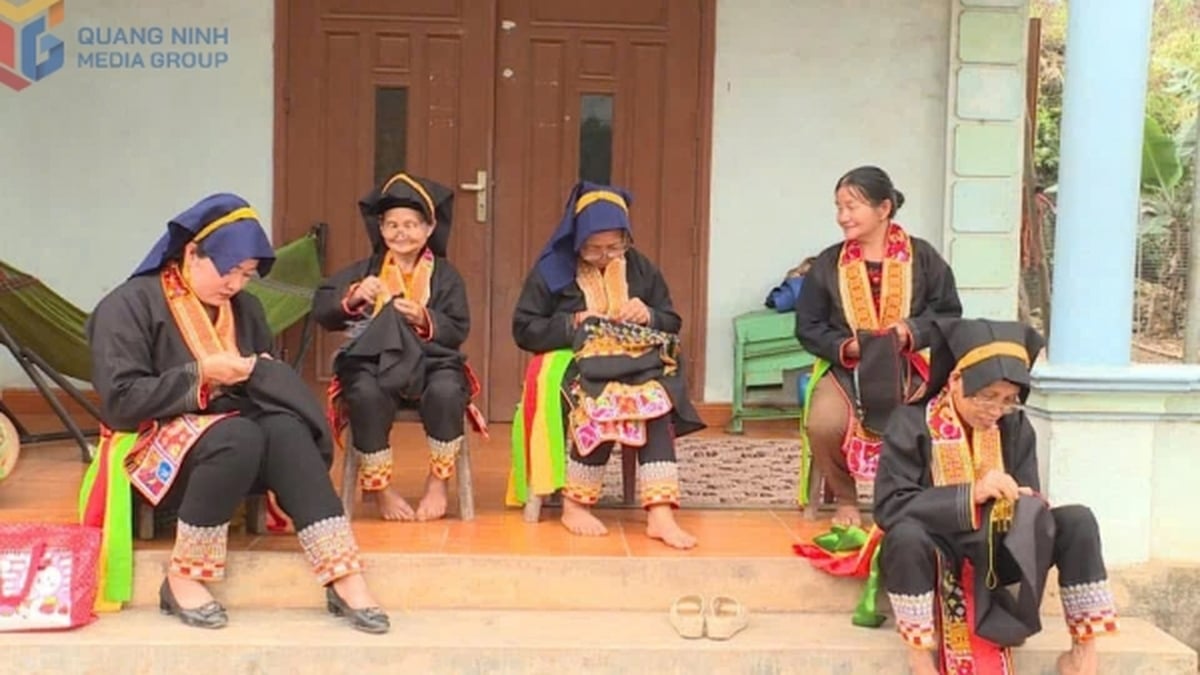
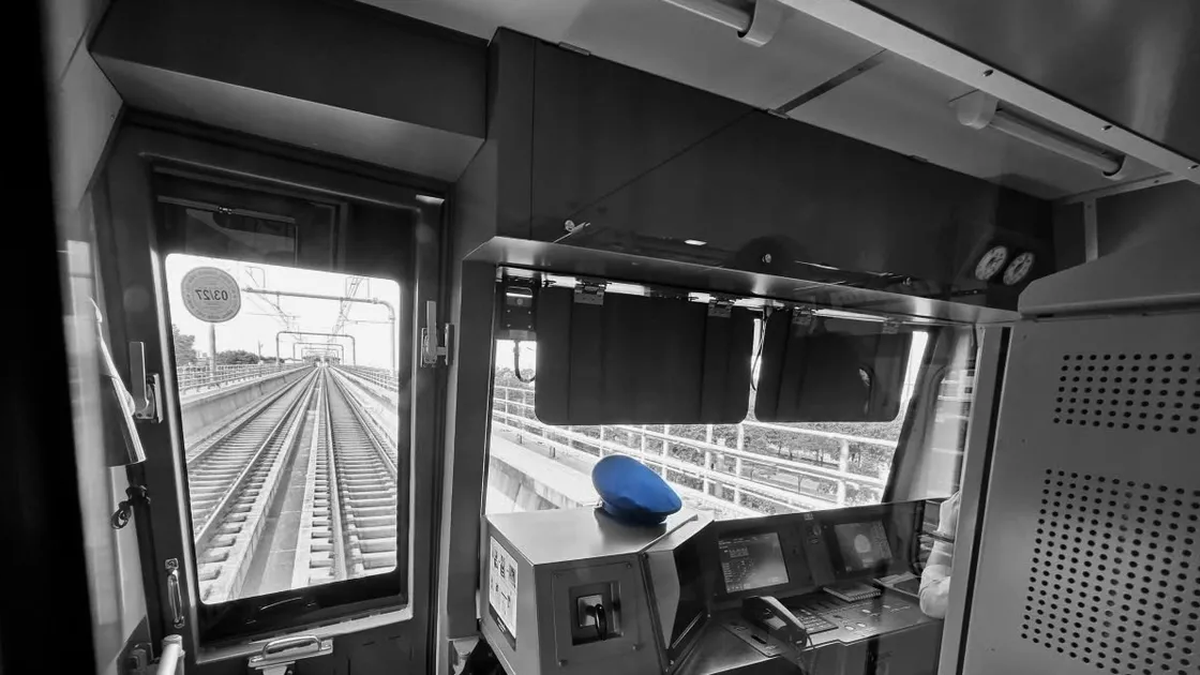

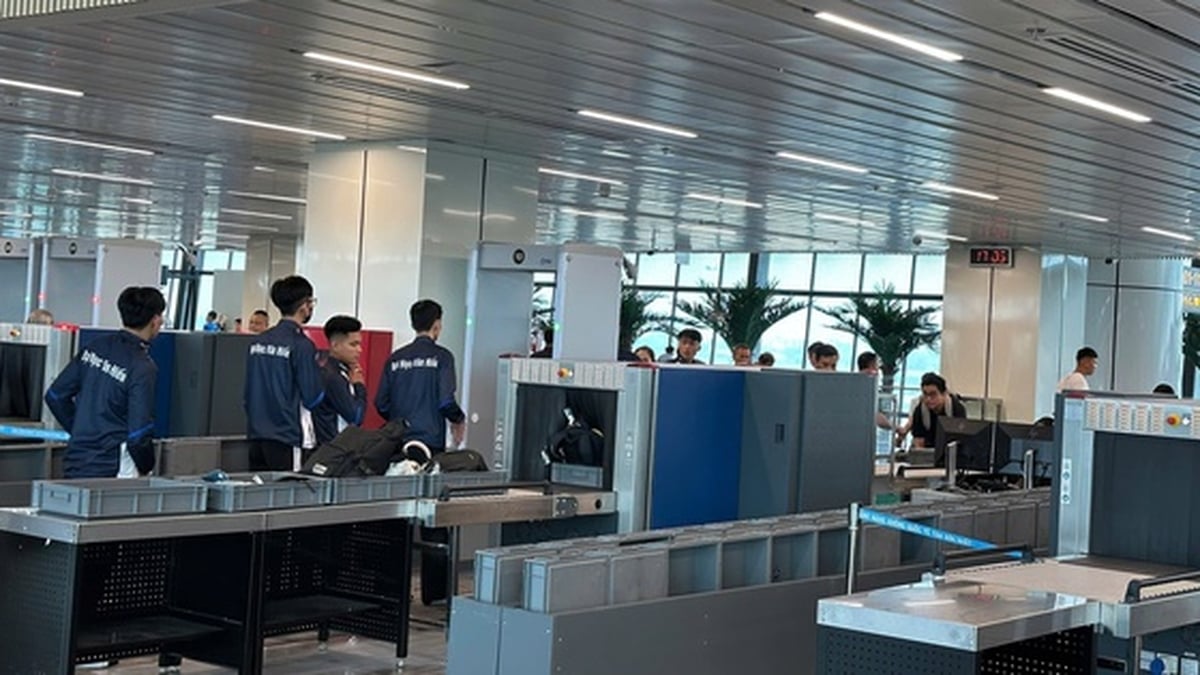



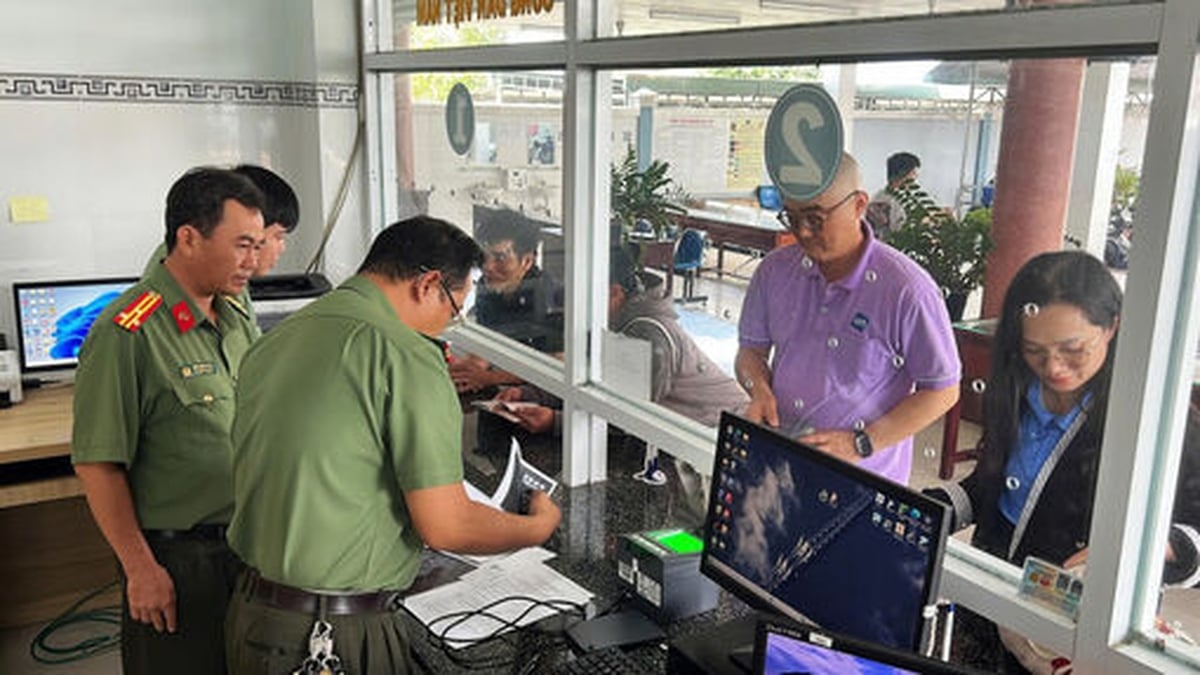






























































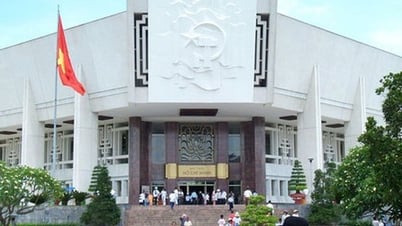



























Comment (0)